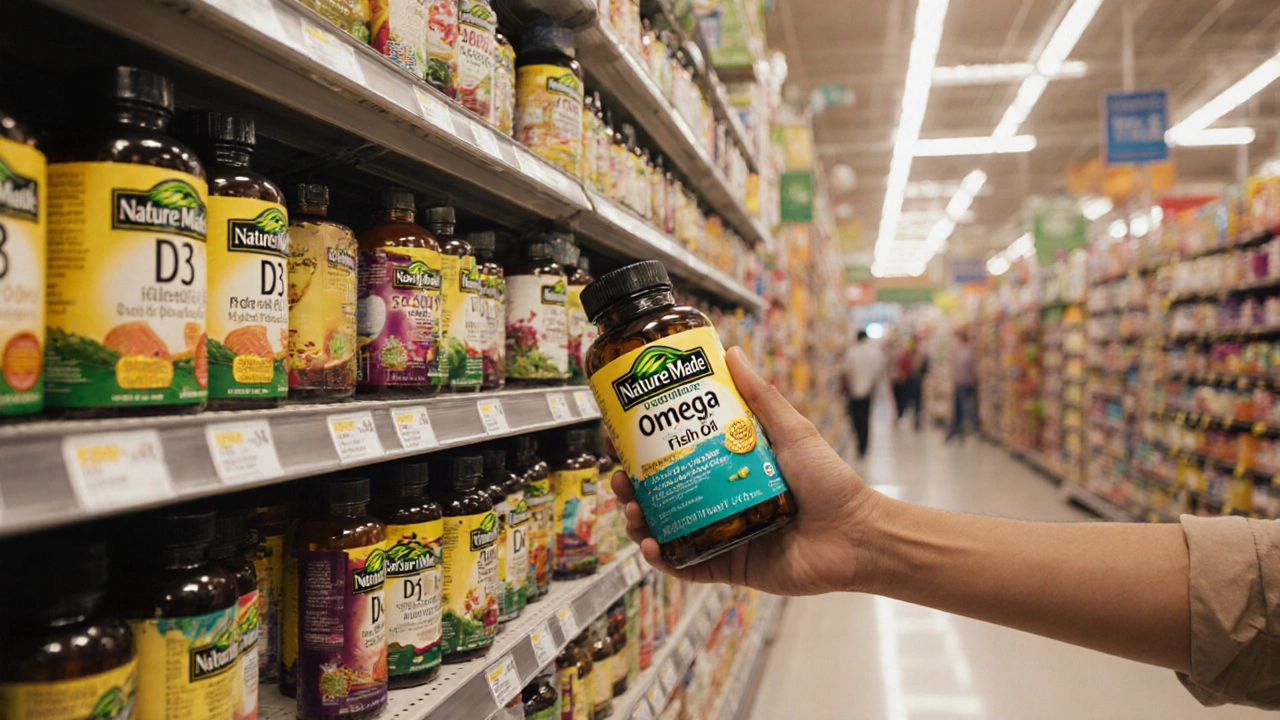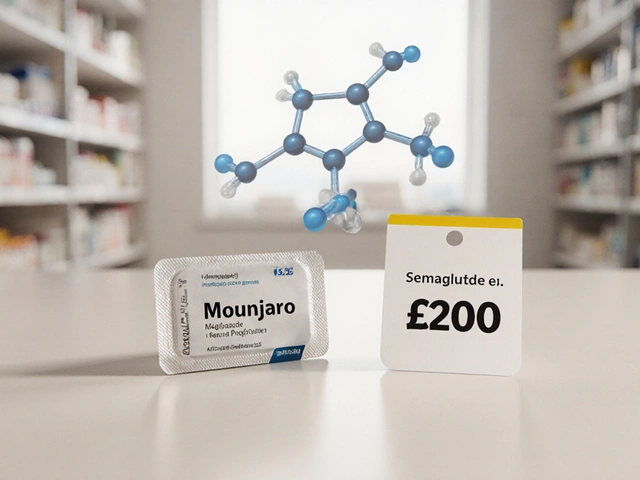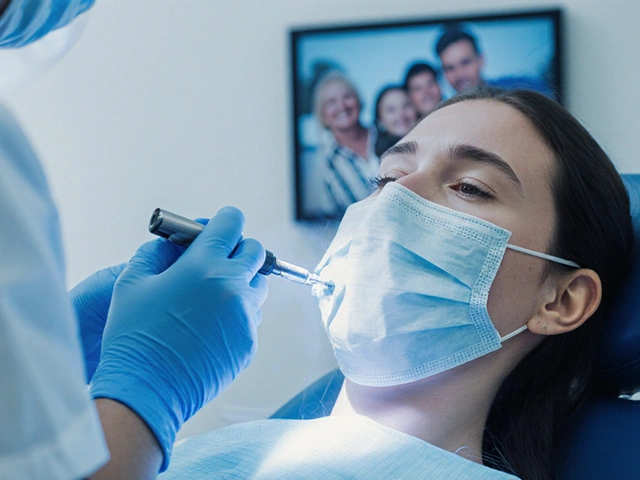Learn how to pick safe, effective herbal supplements by checking labels, third‑party testing, dosage, and credible sources. A practical guide for confident buying.
Read MoreThird-Party Testing Explained
When talking about third-party testing, the practice of having an independent lab verify a product’s claims, composition, and safety. Also known as independent testing, it helps cut through marketing hype and gives consumers a factual basis for trust.
One of the biggest allies of clinical trials, structured studies that assess efficacy and safety in humans is third‑party testing. While trials show whether a product works, independent lab work checks if what’s on the label matches what’s inside. Together they form a full picture of product reliability.
Another pillar is quality control, the set of processes manufacturers use to keep production consistent. Quality control policies set the stage, but third‑party testing verifies that those policies translate into real‑world product purity and potency.
Regulatory compliance, adherence to laws and guidelines set by health authorities relies heavily on evidence from independent labs. When a supplement meets the required standards, regulators can grant approvals or certifications that reassure buyers.
How Third-Party Testing Impacts Your Health Choices
Third‑party testing encompasses independent laboratory analysis, which means the results aren’t influenced by the brand that made the product. This independence builds confidence, especially when dealing with herbal supplements, vitamins, or any health‑related item. The process typically measures contaminants, verifies ingredient concentrations, and checks for adulterants that could cause harm.
Quality control influences supplement safety by catching variations before products hit the shelves. If a batch fails the third‑party test, manufacturers must either re‑process or discard it, preventing potential health risks. This back‑and‑forth between lab results and production lines keeps standards high.
Regulatory compliance often requires documented third‑party test reports. Agencies like the FDA or Indian CDSCO reference these reports when evaluating new products or investigating complaints. Without credible lab data, a product may face recalls or penalties.
In practice, a consumer looking at a product label should look for a recognizable third‑party certification seal—like USP, NSF, or an ISO‑accredited lab. Those seals indicate that an independent entity has confirmed the product’s claims.
All these pieces—clinical trials, quality control, regulatory compliance, and independent testing—interlock to protect you from false promises and hidden dangers. Below you’ll find articles that dive deeper into each aspect, from how labs detect contaminants to why you should question marketing claims. Explore the collection to get actionable tips and real‑world examples that help you make safer, smarter health decisions.
A detailed review of Nature Made, covering quality certifications, product range, pricing, consumer feedback, and how it measures up against other supplement brands.
Read More





